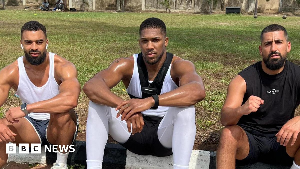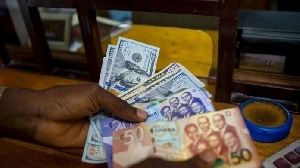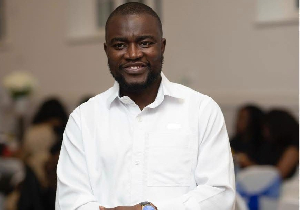In 2015 and 2018, similar cases emerged at St John's Grammar and Dzodze-penyi SHS respectfully and it is necessary for comprehensive policy on dress codes to be crafted to avert recurrence.
References to Article 12(2), every person in Ghana, whatever his race, place of origin, political opinion, colour, religion, creed or gender shall be entitled to the fundamental human rights and freedoms of the individual contained in this chapter but subject to respect for the rights and freedoms of others and for the public interest.
Article 25
(1) All persons shall have the right to equal educational opportunities and facilities and with a view to achieving the full realisation of that right
(a) basic education shall be free, compulsory and available to all
Again, article 26(1) communicates that:
Every person is entitled to enjoy, practise, profess, maintain and promote any culture, language, tradition or religion subject to the provisions of this Constitution.
Regulations at any place especially schools can't override the dictate of the constitution for it's the constitution that serves as reservoir to which such directives are formulated.
In the interest of diversity, inclusivity and participation all projected in ESP 2018-30, SDG 4, it appears retrogressive and unconstitutional for a student to be denied access to education on basis of his/her "faith"
GES has no defined policy "hair" and this explains why "Bosom ba" or
"Mpesepese" are accommodated in basic schools littered in rural communities.
"Bosom ba" are kids born with natural locks from traditional cultures.
Currently, there is an appreciable number of Caucasian and dreadlock wearing students in SHS/TVET across the country, thus Achimota cannot be treated as exceptional.
We can make mention of St John's Grammar, Accra Academy etc. who have admitted or have zero biases against students wearing locks.
In 2020, a landmark court ruling in Malawi forced schools to accept children wearing dreadlocks.
The notion to keep hair short is "suggestive", advisory and not a rule.
One key objective of GES is to increase inclusivity, access and participation in education at pre-tertiary levels.
GES has a mandate of ensuring that all Ghanaian children of school going age irrespective of tribe, gender, disability, religious and political affiliations are provided with inclusive and equitable quality formal education.
Opinions of Sunday, 21 March 2021
Columnist: Desmond Allotey-Pappoe















